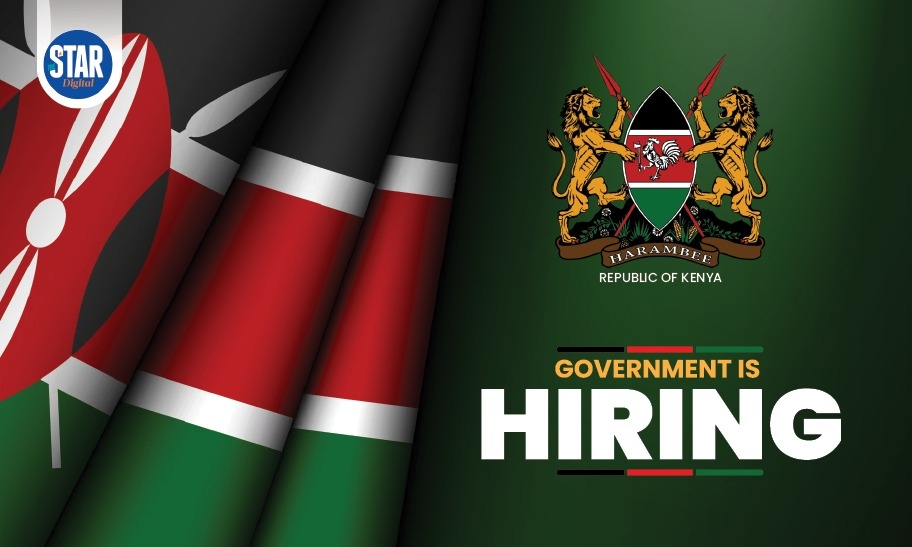Kenya has lost 13 people following a cholera outbreak, Health CS Mutahi Kagwe has said.
The deaths are recorded in Marsabit (12), and Turkana (1).
Kagwe on Thursday said the outbreak is localised in Marsabit and Turkana counties, adding that 70% of those affected are below 10 years.
"We must recognise that we are exposed to disease because of the ongoing rains and floods," he said.
Kagwe said the cholera outbreak started in Garissa, moved to Wajir, Turkana and Murang'a, before being reported in Marsabit.
A total of 222 cases have been reported in Turkana, Garissa (48), Wajir (4), Muranga (8) and 268 in Marsabit.
"All have been controlled," Kagwe said.
According to the World Health Organization, cholera is an acute infection occurring in the intestines and caused by eating Vibrio cholera bacteria found in food or water contaminated by stool.
The global health agency attributes cholera incidences to a lack of safe water. Incidence rates can be made worse by unclean environments.
In most severe cholera cases, patients pass watery diarrhoea, which can cause death by dehydration within hours if untreated.
It takes between 12 hours and five days for a person to show symptoms after ingesting contaminated food or water.
“About 75 per cent of people infected with cholera do not develop any symptoms. However, the pathogens stay in their faeces for seven to 14 days and are shed back into the environment, possibly infecting other individuals,” WHO says.














